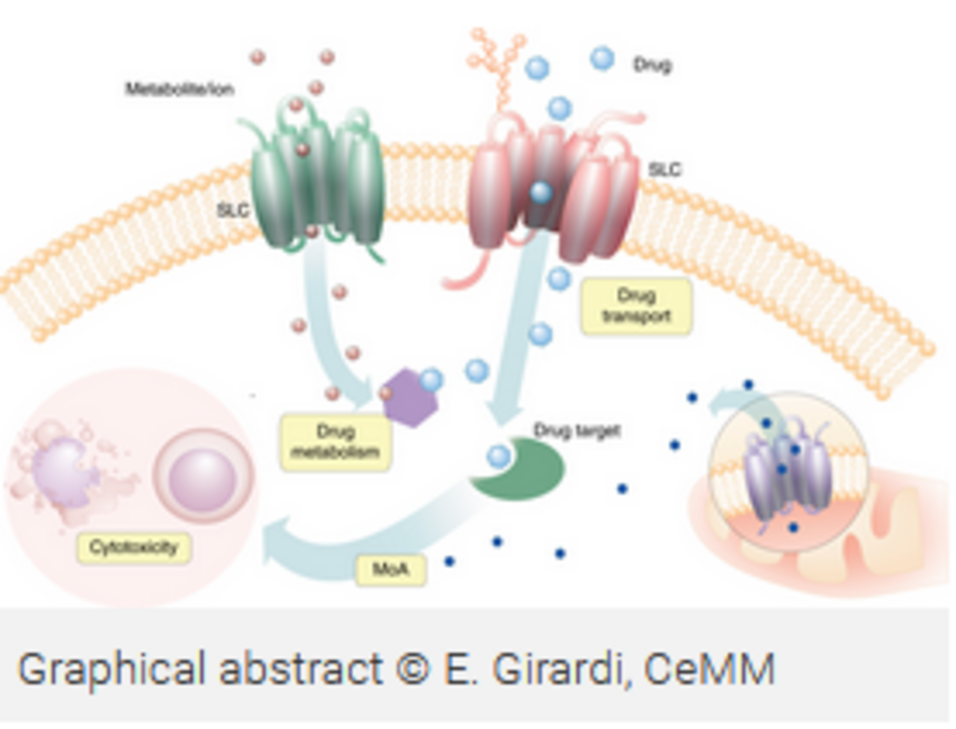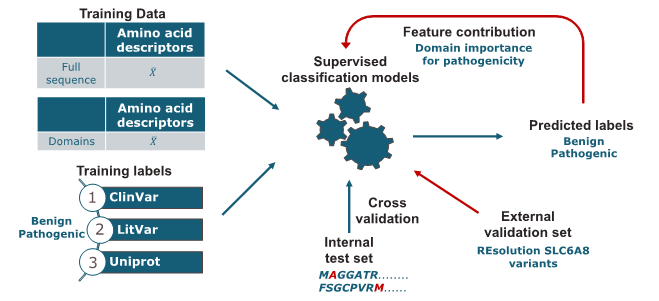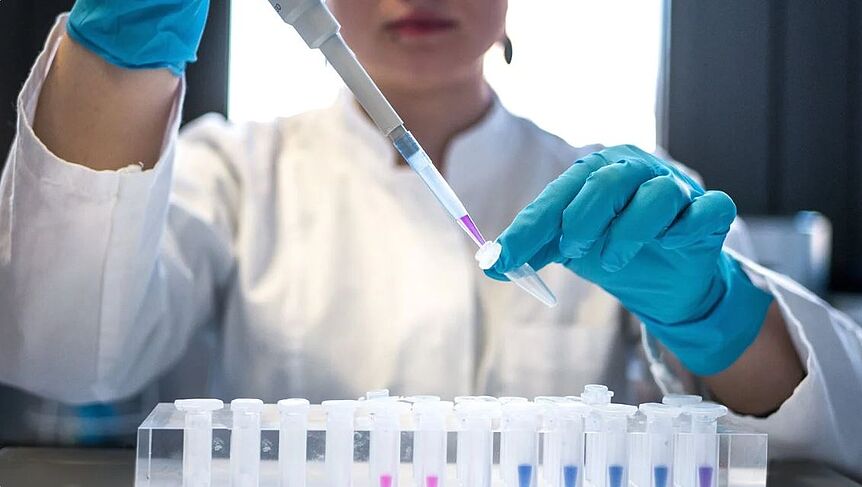Stefanie Kickinger and Jennifer Hemmerich worked together with the groups of Giulio Superti-Furga and Stefan Kubicek at CeMM on a a study of the widespread role for SLC transmembrane transporters in resistance to cytotoxic drugs.
This study not only provides an strong, validated argument for the indispensability of SLCs for cellular uptake and drug activity, but also provides an experimentally proven set of SLC drug associations for several clinically relevant compounds. These findings provide information about the biological functions of the transporters and pave the way for the development of future precision therapies.
See also the University of Vienna Press Relase here (German), Press release by CEMM here (English)
Paper in Nat Chem Biol




